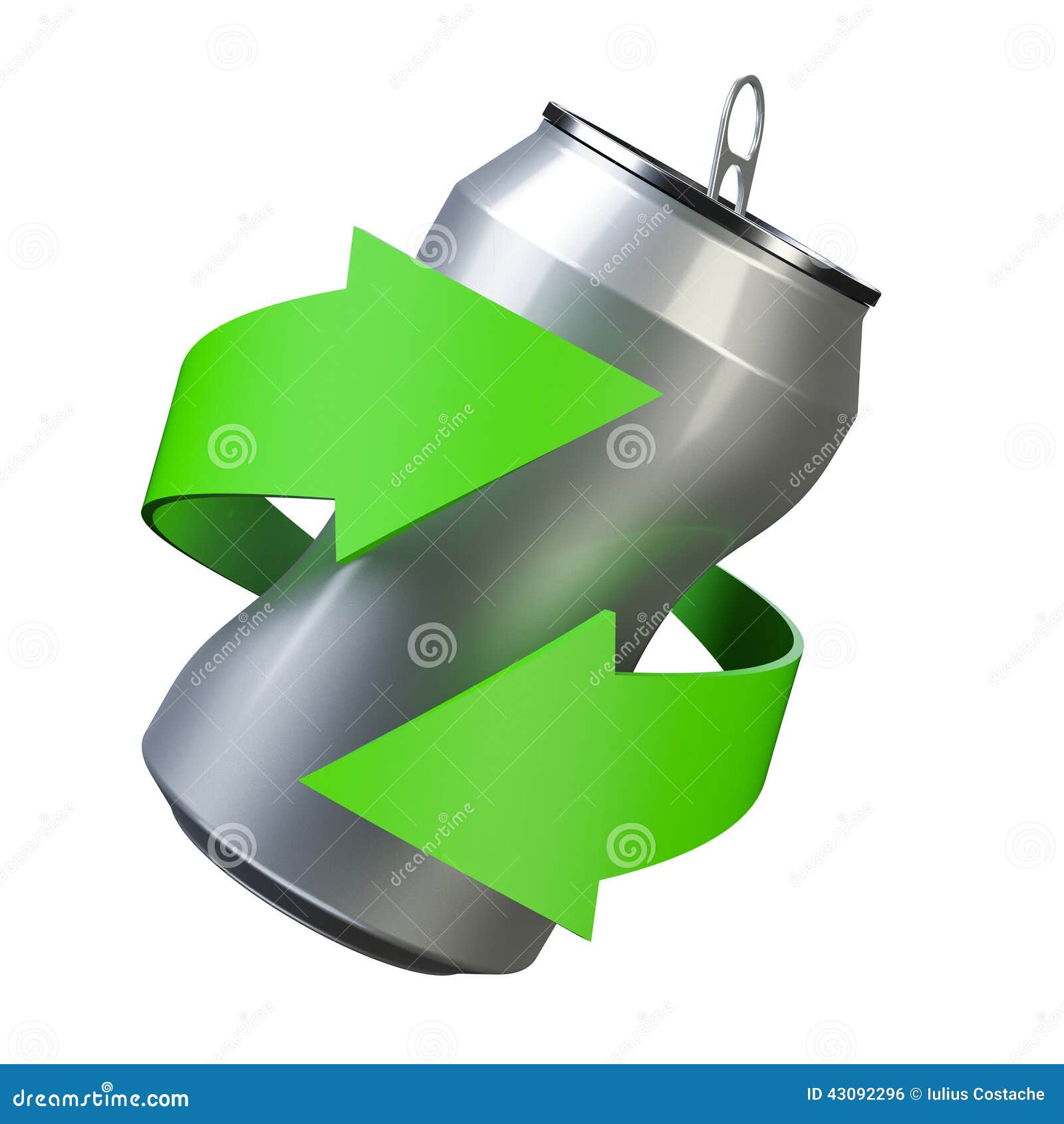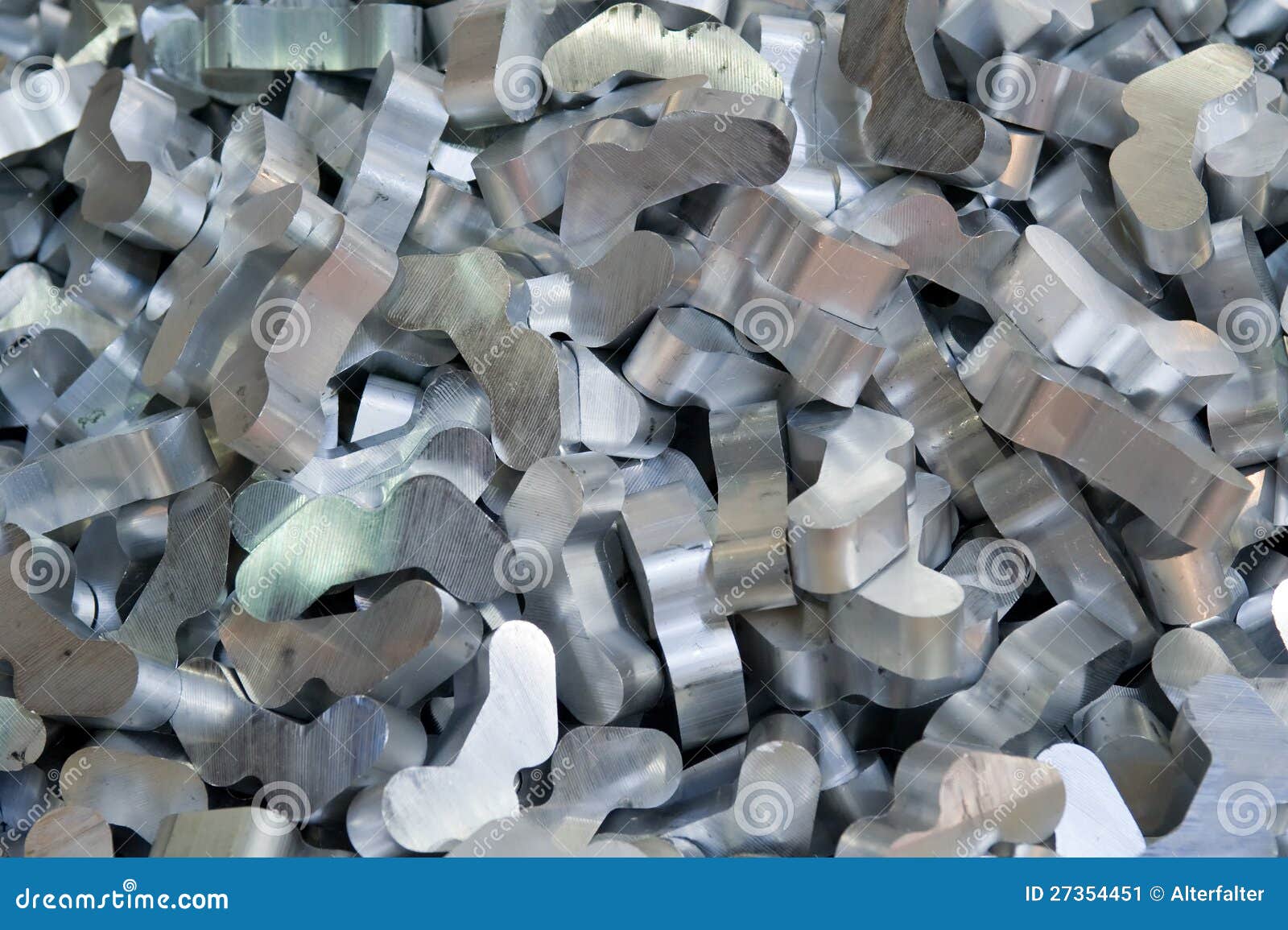Aluminum Recycling
Considering how aluminum is one of the most common metals found at home, at the office, or even at a construction yard, it's important that any scrap sheets, cans, and wires are disposed of properly. This is why we at Elgin Recycling & Scrap Metal offer aluminum recycling services. Whether you're a homeowner, a business owner, or a contractor, you can rest assured that any aluminum waste you have has a proper place to be sent and can even help you earn a couple of bucks or more. Aluminum is the most abundant metal and the third most abundant element in the Earth’s crust. Aluminum's known history dates back to 1787 when scientists suspected that an unknown metal existed but they had no way of extracting it. In 1825, Hans Christian Oersted, a Danish chemist, was the first to produce tiny amounts of the metal.
Aluminum Recycling Omaha
He accomplished this by heating anhydrous aluminum chloride with potassium amalgam and distilling off the mercury. Later, scientists were able to refine the process of extracting aluminum, thus increasing the availability of the metal. Today, aluminum is the most widely used non-ferrous metal. Aluminum is almost always alloyed with other elements in order to improve or change its characteristics for a particular application. Aluminum has a wide variety of uses from transportation to construction to electrical. Because of these facts, it's important to realize how aluminum will never run out of uses.

In fact, even torn sheets or wrappers, flimsy wires, and dented frames can be sent to an aluminum recycling center where they can undergo proper processing and be sold to companies that require the metal for construction and industrial purposes. When you recycle aluminum, note that this means more than aluminum can recycling. Here are other examples of aluminum scrap types you can send to a recycling center:.
Siding. Beverage Cans. Electrical Wire. Extrusions. Cast. Dross.
Turnings. Litho. Bare Wire. Radiators. Wheels.
Clips. Sheet.
Transmissions. Window Frames. Household Items Recycling one aluminum can saves enough energy to keep a 100-watt bulb burning for almost four hours or provides enough energy to power a television for three hours.
Stop by and drop off your aluminum and other scrap metals at one of our scrap centers today or, for those with heavy loads or industrial accounts, call or to schedule a pickup. We provide free full-service trucking for eligible loads. Addison. Arlington Heights. Aurora.
Barrington. Bensenville. Buffalo Grove. Carpentersville.

Chicago. Cicero. Crystal Lake.
Deerfield. Des Plaines. Downers Grove. East Dundee. Elgin.
Elk Grove Village. Evanston. Fox Lake. Franklin Park. Geneva. Gilberts. Glenview.
Grays Lake. Hampshire. Hanover Park. Harvard. Hebron. Hoffman Estates. Itasca.
Lake Zurich. Libertyville. Marengo. Maywood.
McHenry. Mount Prospect. Naperville. North Chicago. Northbrook.
Oak Park. Palatine.
Park Ridge. Rolling Meadows. Round Lake. Schaumburg. Schiller Park.
Skokie. St. Charles. Streamwood.
Waukegan. West Dundee. Wheaton.

Wheeling. Wilmette. Woodale. Woodridge. Woodstock. Zion.
. Although almost every kind of metal can be recycled again and again without degradation of properties, currently, only 30 percent of metal is recycled. Nearly 40 percent of worldwide steel production is made using recycled steel. Around 42 percent of crude steel in the United States is made of recycled materials.
In the United States alone, around 100 million steel and tin cans are used every day. Steel and iron are the most recycled materials in the world due in part to the opportunity to recover large structures as well as the ease of reprocessing. The use of magnets in the sorting process enables recyclers to easily separate them from the mixed waste stream.
Sorting Sorting involves separating metals from the mixed scrap metal stream or the mixed multi-material waste stream. In automated recycling operations, magnets and sensors are used to aid in material separation. At the entrepreneurial level, scrappers may employ a magnet, as well as to observe the material color or weight to help determine the metal type.
For example, aluminum will be silver and light. Other important colors to look for are copper, yellow (for brass) and red, for red brass. Scrappers will improve the value of their material by segregating clean metal from the dirty material. Recovering precious metals such as palladium, platinum, gold and other valuable metals such as copper, lead, and silver from electronic waste becomes economically viable only if enough scrap is collected.
Such separation takes more technologically advanced and sophisticated recycling equipment. These days, in large recycling facilities, the use of sensors to identify metals through infra-red scanning and x-ray has become popular. Three common categories of metal sensing processes include biotechnology, hydrometallurgy, and pyrometallurgy.